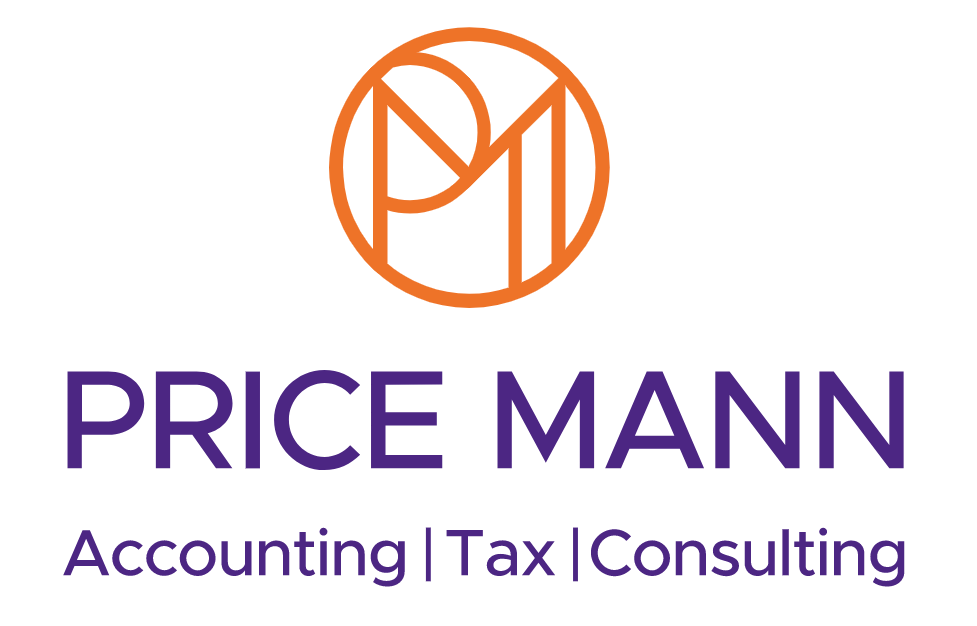Management accounts: What are they and how to use them to your advantage
Management accounts: What are they and how to use them to your advantage
What do you need to know about the management accounts?
Ever wondered how some businesses always seem to make the right decisions at the right time? The secret often lies in their management accounts. While statutory accounts are the once-a-year snapshot for the taxman, management accounts are your regular check-in, providing insights to help steer your business in the right direction. We accountants often talk on and on about management accounts, but they really could be your way to business success.
What are management accounts?
Simply put, management accounts are financial reports tailored for you. Unlike formal year-end accounts that satisfy HMRC, management accounts give you a regular, detailed look at how your business is performing.
Think of them as a monthly or quarterly health check, offering data that helps you make smart decisions. Management accounts keep you informed and in control, providing a clear view of your financial performance, trends, and any potential red flags.
What should you expect from management accounts?
Management accounts are about delivering value. So, what should they do for you?
- Performance monitoring: They help you track how well your business is performing. Are you hitting sales targets? Are expenses in line with your budget? Regular reviews mean you can spot trends, celebrate successes, and address issues.
- Future planning and forecasting: Management accounts provide the data you need to make accurate forecasts and plan for the future, ensuring you’re prepared for both opportunities and challenges.
- Decision-making support: They offer the hard facts for informed decisions, whether it’s about investment, cost-cutting, or optimising operations.
- Financial control and cash flow management: Management accounts help you manage finances effectively, so you maintain a healthy cash position and avoid going bust.
What should management accounts look like?
Management accounts should be as unique as your business, focusing on the areas that matter most. For example, some key components are typically included:
- Profit & loss report: Showing your revenue, costs, and profits.
- Balance sheet: A snapshot of your business’s financial health, outlining assets, liabilities, and equity.
- Cash flow statement: This tracks how cash moves in and out, helping you spot potential cash crunches.
- Key performance indicators (KPIs): Metrics that tell you how close you are to achieving your business goals.
- Budget comparisons and variance analysis: Comparing actual performance against your budget helps you adjust as needed.
- Commentary and analysis: Numbers alone can be dry, so include explanations that tell the story behind the figures.
How to understand and use management accounts
Having management accounts is one thing; understanding and using them is another.
As accountants, we see many business owners struggle with understanding the data. The numbers can be overwhelming, or the reports might seem too complex, so they’re often used as a document to glance at. However, these reports are meant to be powerful tools that - if you understand the numbers - can be used for informed decision-making.
Here are some tips for how to understand and use your management accounts:
- Understand the basics of each report—what it is, what it shows, and why it matters.
- Focus on the most relevant information—KPIs, cash flow, and profit margins are often key.
- Regularly review the data—discuss it with your team, and use it to make strategic decisions.
- Ask your accountant to explain it to you—don’t hesitate to ask questions or seek clarification from your accountant. They can customise your reports to speak directly to your needs, ensure that they are clear and actionable, and that you understand what you should. For example, they can make these reports more visual or even less visual to help you quickly understand what is happening with your business.
A tool for success
Management accounts offer a real-time view of your financial performance, helping you make informed decisions that keep your business on track. By consistently using and understanding these reports, you can spot opportunities, avoid pitfalls, and drive your business towards greater profitability.
Don’t let your management accounts gather dust. Engage with them, act on them, and watch your business thrive. When you measure and manage effectively, there’s no limit to what your business can achieve.
Contact us if you need any help.












